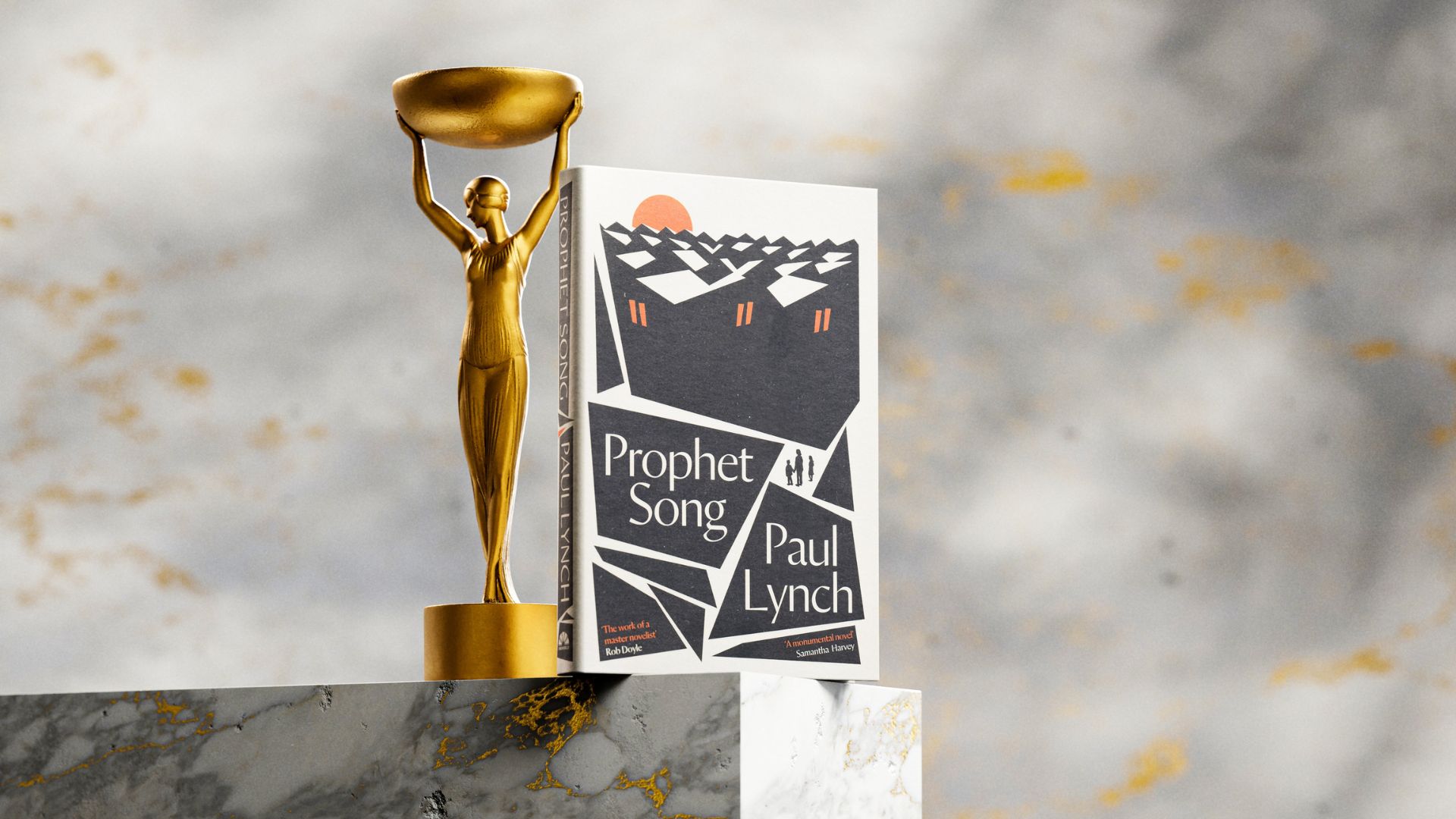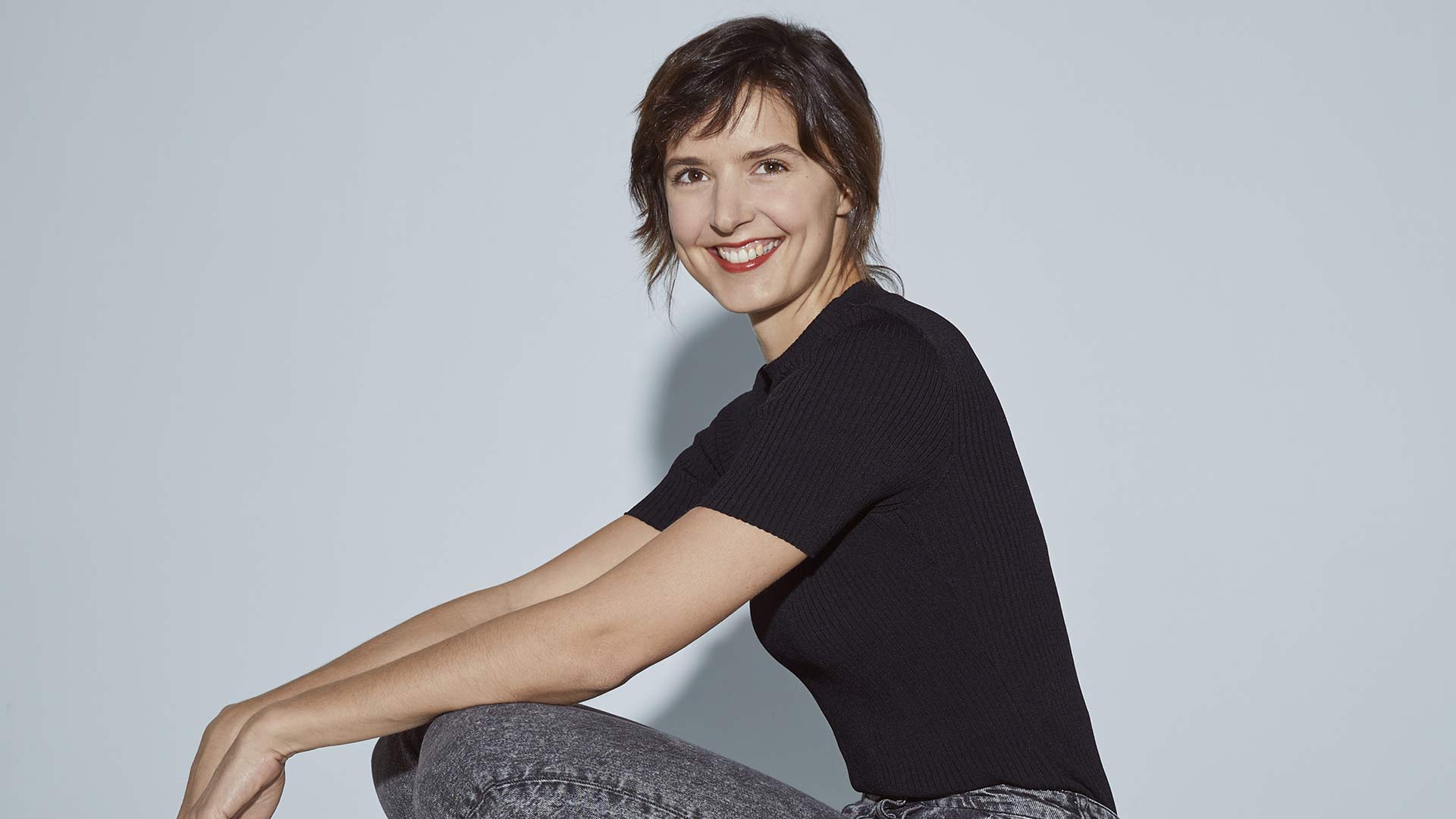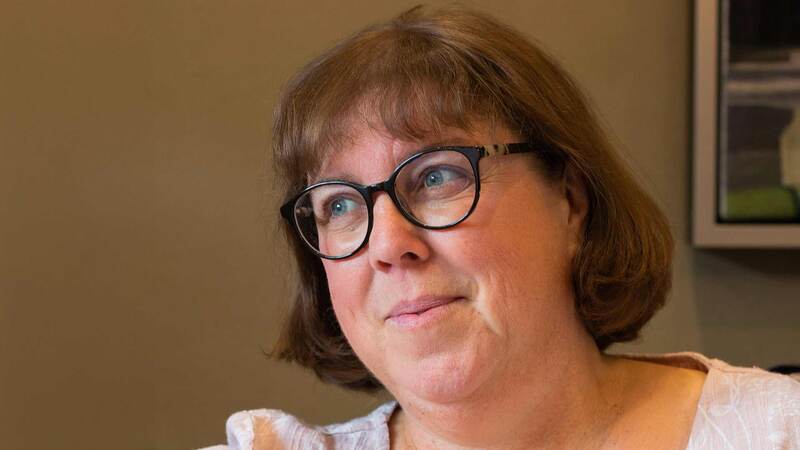You are viewing your 1 free article this month. Login to read more articles.
The long view

This year’s Booker shortlist shows the value of taking the long view. Last year’s list – notable for featuring three Pauls – was seen by some pundits as a miss, the selected books further evidence of the prize’s focus on the writing, rather than the readability; the one before had been noticed, at least in these circles, for the number of independent publishers that featured at both longlist and shortlist stages, supporting the perception that corporate publishing might be good for sales, but not for literary excellence.
The 2024 list has already landed differently, and thus ought to open up different conversations around the books that made it, and those who published them. The word from the modest but fun shortlist party, held this week at Somerset House, was “accessible” – code for books that might win awards but also do good business for booksellers. This was an opinion echoed by Bea Carvalho, Waterstones’ head of books, who pointed to a longlist that had been “especially cohesive and commercial” now “distilled into an equally strong shortlist”.
With that in mind, the six chosen books are already off to a good start. Samantha Harvey’s International Space Station-set Orbital is the bestselling title so far, selling 16,771 copies since publication in November 2023, according to Nielsen BookScan – meaning it alone has sold more copies already than the past three winners combined had sold up to the eve of their success. Last year’s shortlist was the slowest selling since records began, and that this year’s will not be, already feels like a step change.
The 2024 list has already landed differently, and thus ought to open up different conversations around its make-up
The number of female writers – five – will doubtless give some pundits something to fret about, given the mutterings that arise from time to time about the relative invisibility of high-end male novelists (the “who is the new Martin Amis?” question). At the shortlist press conference, judge – and novelist – Sara Collins argued that although publishing was dominated by women, at least at certain levels, the literary recognition was still “reserved for men”, which I think is a good argument, and one still backed by recent history. No woman has won the Booker since 2019, when Bernardine Evaristo and Margaret Atwood shared it. That the one man on the list, Percival Everett, is this year’s favourite, might be described therefore, with raised eyebrows, as typical.
Troubling for others will be the lack of the smaller independents. Here, and despite its recent reputation as an indie champion, the Booker is consistent – corporates, such as Penguin Random House, usually take up most of the space, but there are years when indies earn a score-draw, with half or more of the shortlist. This then is the first shortlist since 2009 to have not featured a title from one of Faber, Granta, Oneworld, Profile, Galley Beggar or Canongate. Chair of the panel, the artist and author Edmund de Waal, said it was “interesting that such experimental and tremendous books are being published by mainstream publishers”, an opinion of big publishing that is accurate but rarely expressed in polite circles.
Some will immediately spy a trend, but the long view suggests that indies, who have published half of the most recent winners, will not be kept on the side-lines for long.


















